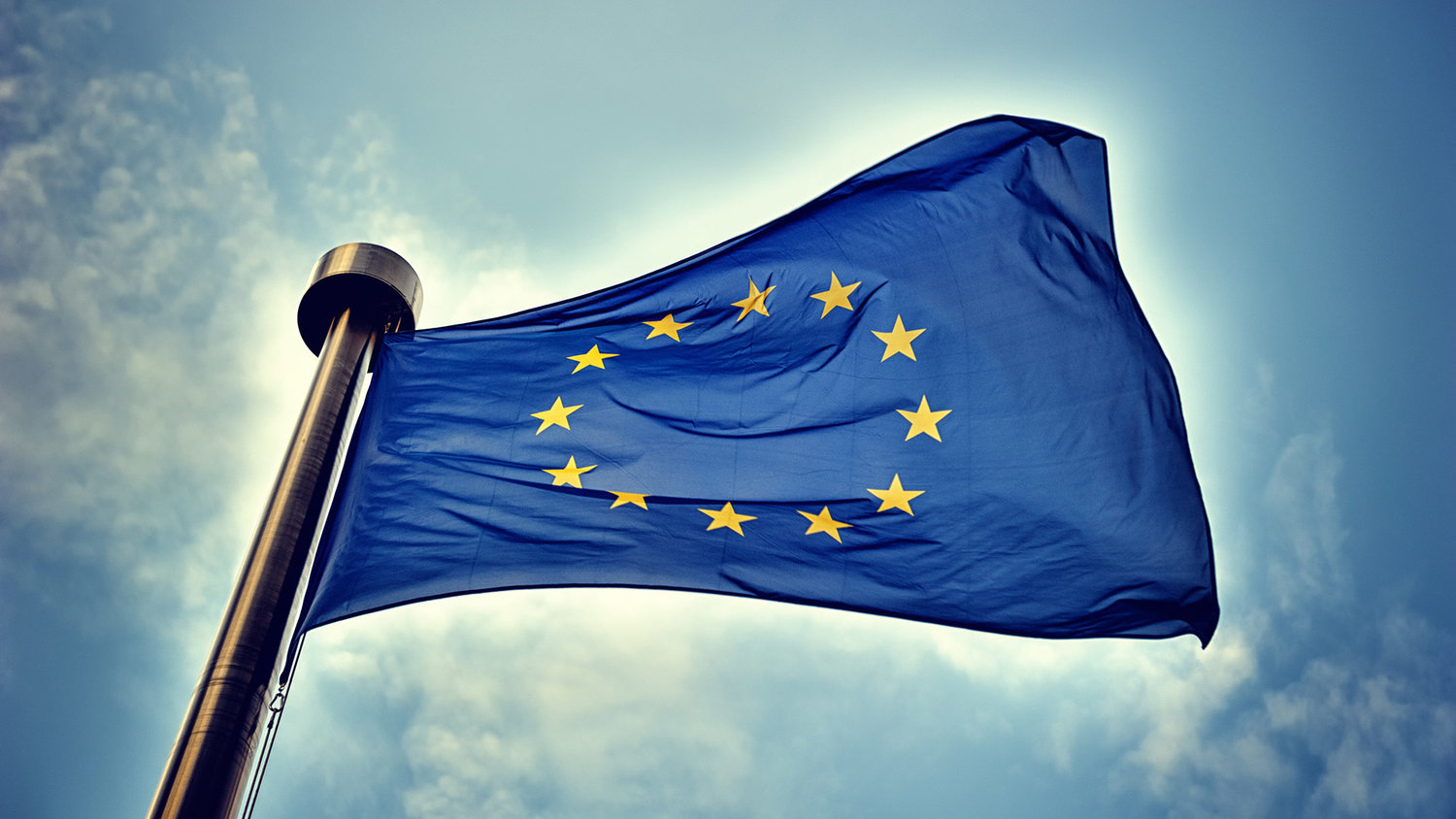EU blacklists Bahrain, UAE
December 6, 2017 | Expert Insights

The European Union has released a blacklist of 17 countries that it has stated are tax havens across the world. Some of the nations that have been included in this list are nations like the United Arab Emirates (UAE), Bahrain and Tunisia.
Background
The European Union (EU) is a political and economic union of 28 member states that are located primarily in Europe. It has an area of 4,475,757 km2 (1,728,099 sq mi), and an estimated population of over 510 million. The EU has developed an internal single market through a standardised system of laws that apply in all member states. EU policies aim to ensure the free movement of people, goods, services, and capital within the internal market, enact legislation in justice and home affairs, and maintain common policies on trade, agriculture, fisheries, and regional development. Within the Schengen Area, passport controls have been abolished. A monetary union was established in 1999 and came into full force in 2002, and is composed of 19 EU member states which use the euro currency.
It is seen that there is an inclination to invest less in defense in Europe, since the Cold War times. The EU Countries are known to spend 7 times less than the U.S on defense research and development. 22 of the EU countries are members of NATO (North Atlantic Treaty Organization).
A tax haven is a country that offers foreign individuals and businesses a minimal tax liability in a politically and economically stable environment, with little or no financial information shared with foreign tax authorities.
Analysis
The European Union has released a blacklist of 17 countries that it has stated are tax havens across the world. Some of the nations that have been included in this list are nations like the United Arab Emirates (UAE), Bahrain and Tunisia.
The Council's work on the list has been conducted in parallel with the OECD and in the context of the G20. It stated, “This initiative is already proving its value, as numerous countries have worked to meet the deadline for making commitments on the basis of our criteria", said Toomas Tõniste, minister for finance of Estonia, which currently holds the Council presidency. “But it is also important that we closely monitor the implementation of commitments made by our partners around the world.”
Officials named these countries in the blacklist: American Samoa, Bahrain, Barbados, Grenada, Guam, South Korea, Macau, Marshall Islands, Mongolia, Namibia, Palau, Panama, Saint Lucia, Samoa, Trinidad and Tobago, Tunisia and United Arab Emirates are the countries listed.
It issued another “grey list” of 47 countries that have promised to bring in reforms to make their rules comply with EU standards. This includes Switzerland, Bermuda, Turkey and Hong Kong. “It is disturbing to see mostly small countries on the EU blacklist, while the most notorious tax havens – UK-linked places such as Bermuda, the Cayman Islands, Jersey and the Virgin Islands – escape with a place on the ‘grey list,’” said Oli Pearce of Oxfam, according to the BBC. “Although we recognize this is a step in the right direction, if EU leaders let too many tax havens off the hook, we’ll all lose out.”
Pierre Moscovici, the EU commissioner for economic and financial affairs, taxation and customs, noted that non-compliant countries must face harsher penalties. He said, “Blacklisted jurisdictions must face consequences in the form of dissuasive sanctions, while those that have made commitments must follow up on them quickly and credibly. There must be no naivety: promises must be turned into actions. No one must get a free pass. We must intensify the pressure on listed countries to change their ways."
Assessment
Our assessment is that EU released its blacklist just months after huge leak of documents called the Paradise Papers are depicting how the rich across the world use offshore tax havens to make massive investments. Powerful businesses as well as politicians such Canadian Prime Minister Justin Trudeau have been implicated in these documents. By blacklisting tax havens, the EU is taking a hard stance against offshore accounts and the loopholes used by the ultra-rich to evade from paying taxes.








Comments